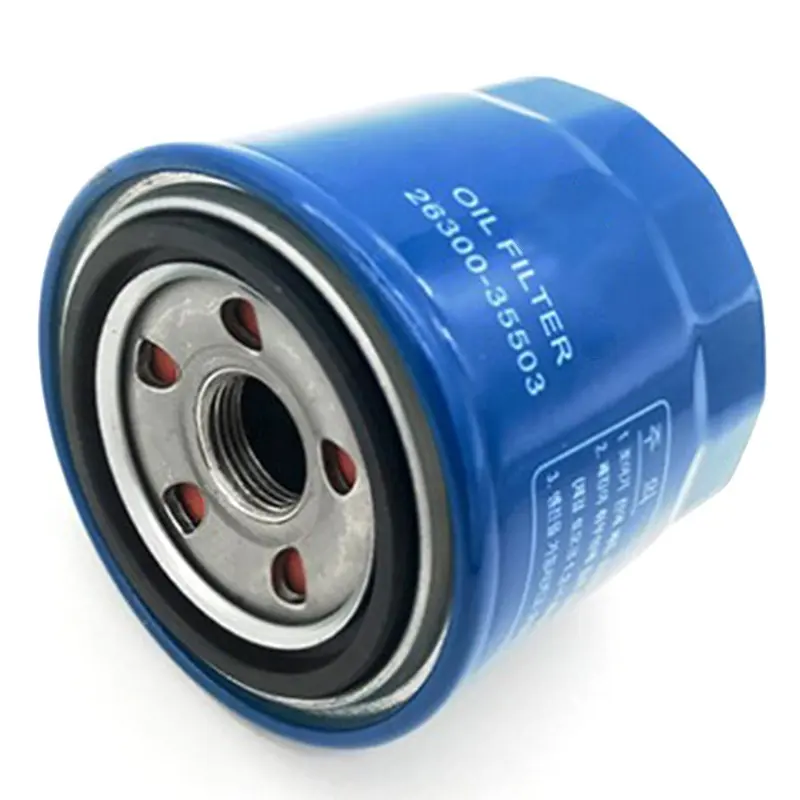Aug . 06, 2024 07:21 Back to list
How a Poor Air Filter Can Affect Your Car's Performance and Fuel Efficiency
The Impact of Bad Air Filters on Your Car's Performance
When it comes to vehicle maintenance, one component that often goes overlooked is the air filter. However, a bad air filter can have significant implications for your car's performance, fuel efficiency, and overall longevity. In this article, we will explore the various ways a faulty air filter can affect your vehicle and outline the importance of regular maintenance.
Understanding the Role of the Air Filter
The air filter plays a crucial role in your car's engine health. It is responsible for filtering out dust, dirt, and other contaminants from the air that enters the engine for combustion. Clean, unobstructed airflow is essential for optimal engine performance. When the air filter is clogged or dirty, it limits the amount of air available for combustion, leading to a host of problems.
Symptoms of a Bad Air Filter
Recognizing the signs of a bad air filter is key to preventing further issues
. Some common symptoms include1. Reduced Engine Performance If the engine feels sluggish or unresponsive, a dirty air filter may be the culprit. The lack of sufficient air can lead to incomplete combustion, which impacts power output.
2. Poor Fuel Efficiency A bad air filter can cause your engine to work harder to compensate for the lack of airflow. This can result in decreased fuel efficiency, meaning more trips to the gas station and increased costs over time.
3. Engine Misfiring Insufficient air supply can cause the engine to misfire or run unevenly. This can not only be frustrating but also lead to further damage if not addressed promptly.
bad air filter car

4. Check Engine Light Activation In some cases, a clogged air filter may trigger the check engine light. This warning light indicates an issue with the vehicle, which could be due to poor air intake.
5. Unpleasant Odors A bad air filter can allow contaminants to enter the cabin, leading to unpleasant smells while driving.
The Long-Term Consequences
Ignoring a bad air filter can lead to more severe long-term consequences for your vehicle. Over time, insufficient airflow can cause carbon buildup on engine components, leading to increased wear and potentially expensive repairs. Additionally, a poorly maintained engine is more likely to face issues related to fuel injectors, spark plugs, and other critical parts.
Cost-Effective Maintenance
Fortunately, maintaining the air filter is a simple and cost-effective aspect of car care. Most manufacturers recommend checking the air filter every 12,000 to 15,000 miles, but drivers in dusty environments should consider more frequent inspections. Replacing a dirty air filter is relatively inexpensive and can yield significant savings in fuel costs and engine repairs over time.
Conclusion
In conclusion, a bad air filter is not merely a minor inconvenience; it can have profound effects on your car's performance, fuel economy, and overall health. Regular maintenance and timely replacement of the air filter are essential practices that every car owner should prioritize. By understanding the implications of a dirty air filter and taking proactive steps to maintain it, you can ensure your vehicle runs smoothly and efficiently for years to come. Remember, a clean air filter is a small investment for a big return!
-
Toyota Corolla Hatchback Cabin Air Filter – High Efficiency & Easy Installation
NewsJul.08,2025
-
Premium Canister Fuel Filter Supplier High Quality Oil Filtration Solutions
NewsJul.08,2025
-
Premium Car Filter Oil Solutions Leading Car Oil Filter Exporter Hyundai Car Oil Filter Exporters
NewsJul.08,2025
-
Buy 17x21x1 Air Filter – Improve Air Quality & HVAC Efficiency Affordable Air & Cabin Air Filter Cost
NewsJul.07,2025
-
High-Performance Filter Element Fuel – Durable, Efficient & Cost-Effective Solutions
NewsJul.07,2025
-
High-Quality Engine Filter and Cabin Filter for Superior Airflow Affordable Cabin and Engine Air Filter Cost
NewsJul.07,2025


